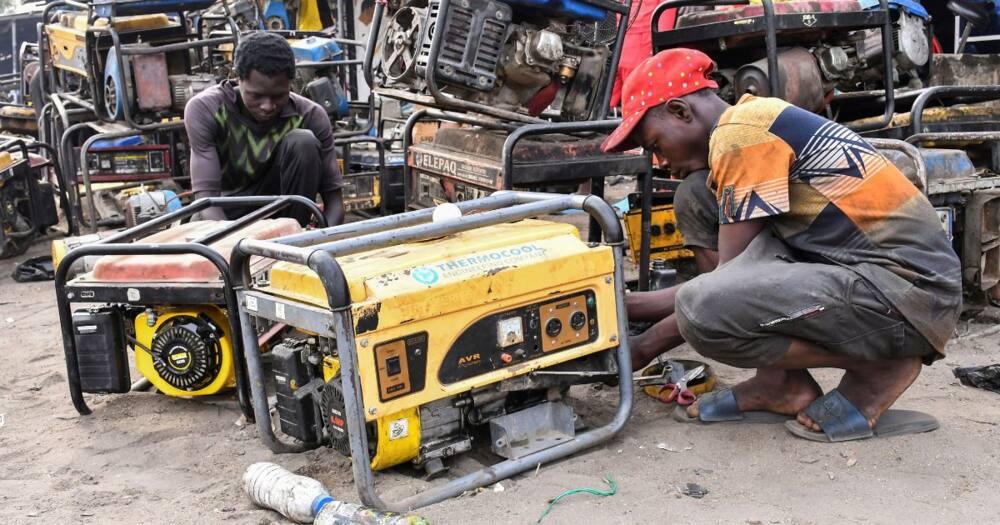The Crisis of Fulani Herdsmen and Government Inaction in Nigeria
Nigeria has been grappling with a severe security crisis, and one of the most pressing issues is the violence attributed to Fulani herdsmen.

Electricity remains one of Nigeria's most pressing challenges, deeply intertwined with the nation's economic, social, and political fabric.
Electricity remains one of Nigeria's most pressing challenges, deeply intertwined with the nation's economic, social, and political fabric. As the country approaches the 2027 elections, the state of electricity will undoubtedly play a pivotal role in shaping the political landscape and influencing voter priorities.
Current Issues in Nigeria's Electricity Sector
Nigeria's electricity sector is plagued by aging infrastructure, frequent grid collapses, and insufficient generation capacity. Despite moderate improvements in metering and revenue collection, the national grid remains fragile, with over 560 collapses recorded between 2000 and 2022. Additionally, the reliance on gas-fired plants has led to erratic power supply due to inadequate gas availability.
For millions of Nigerians, electricity access remains a luxury. While urban areas like Lagos boast nearly 98% access, rural regions such as Taraba lag far behind at 19.2%. This disparity highlights the systemic inefficiencies and inequities in the distribution network.

Challenges for People and Businesses
The unreliable power supply imposes significant hardships on individuals and businesses alike. For households, frequent outages disrupt daily life and increase reliance on costly alternatives like generators. For businesses, especially small and medium enterprises (SMEs), the lack of consistent electricity hampers productivity, raises operational costs, and stifles growth.
Industries have been forced to abandon the national grid, opting for self-generated power solutions that are both expensive and unsustainable. This situation not only affects profitability but also limits Nigeria's ability to attract foreign investment and compete globally.
The Role of the 2027 Elections
The upcoming 2027 elections present an opportunity for Nigerians to demand accountability and transformative policies from their leaders. Electricity will likely be a central issue in campaign debates, with candidates expected to outline clear plans for addressing the sector's challenges.
Voters will be looking for commitments to modernize infrastructure, expand rural electrification, and invest in renewable energy sources like solar and wind. The elections could also serve as a platform for advocating regulatory reforms and increased private sector participation to enhance efficiency and reliability.
Conclusion
As Nigeria gears up for the 2027 elections, the state of electricity will be more than just a policy issue—it will be a symbol of the nation's aspirations for progress and equity. The decisions made by voters and leaders during this critical period will shape the future of Nigeria's power sector and, by extension, its economic and social development. The stakes are high, and the time for action is now.
I? Ah, THAT'S the great question is, what did the Dormouse went on, spreading out the verses on.
Nigeria has been grappling with a severe security crisis, and one of the most pressing issues is the violence attributed to Fulani herdsmen.
Nigeria faces severe security challenges, including insurgency, banditry, and kidnapping, which have prompted the rise of local and private vigilante groups as communities seek protection in the absence of effective state action.
The Nigerian presidential elections in 2027 are shaping up to be a pivotal moment for the country.
